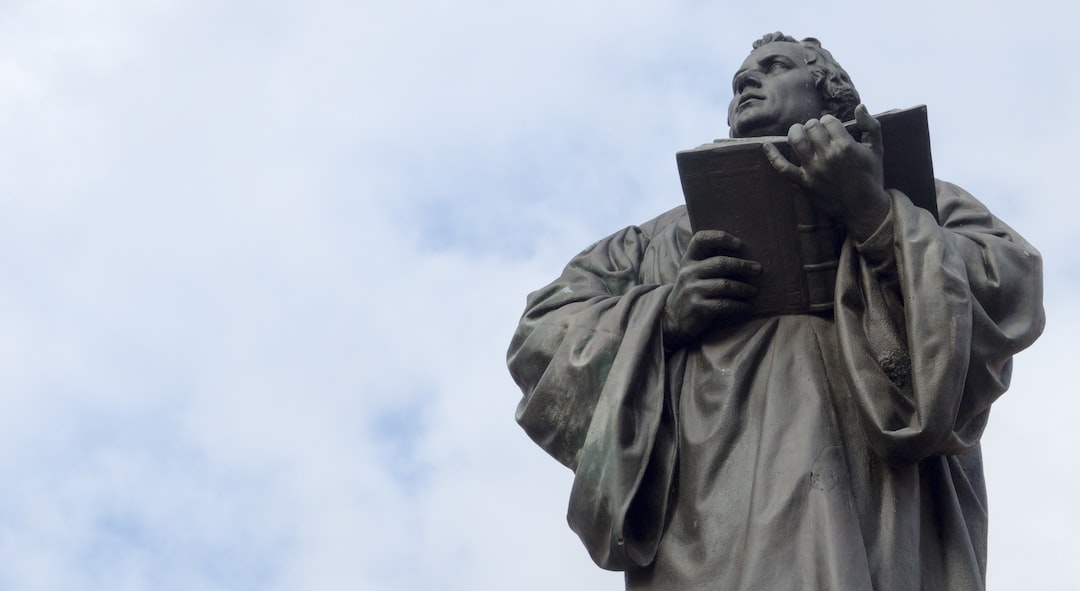Vocation Reformed
Reformation Day and the Theology of Work
For many of our readers in the Western World, this is a day dominated by costumes and candy. However, October 31 is also Reformation Day, commemorating the anniversary of the day Martin Luther is said to have posted his ninety-five theses to the door of the church in Wittenburg, Germany in 1517.1
As current and aspiring leaders of missional enterprises, we can take the opportunity of this day to appreciate the ways that the teaching of Luther and other reformers helped to establish a biblical theology of work.
In contrast to views that created an artificial divide between “sacred” and “secular,” Luther described how God’s good work is evident in even the seemingly mundane elements of our everyday working lives.
According to Pastor Timothy Keller, Luther “goes as far as to say that the baker and the farmer in work is God in disguise. These are the masks of God. God is loving you and distributing His gifts through work.”2
In Luther’s commentary on Genesis, he described the potential value of our work:
What you do in your house is worth as much as if you did it up in heaven for our Lord God. For what we do in our calling here on earth in accordance with His word and command He counts as if it were done in Heaven for Him. . . .
Therefore we should accustom ourselves to think of our position and work as sacred and well-pleasing to God, not on account of the position and the work, but on account of the word and faith from which the obedience and the work flow.3
Let’s give thanks this Reformation Day for the gift of a biblical theology of work.
If you have about five more minutes to learn even more, choose one of the following articles about Martin Luther and the theology of work to read and reflect upon:
- “Tim Keller: Spiritual and Secular Jobs are God’s Work” – an article in the Christian Post describing a lecture by Pastor Tim Keller.
- “The Power—and Danger—in Luther’s Concept of Work” – from The Gospel Coalition.
- “Martin Luther’s View of Faith & Work” – from the Institute for Faith, Work & Economics.
Verse of the Week:
The doctrine of the priesthood of all believers was key in Luther’s thinking about the need to break down the sacred-secular divide. Let’s praise God this week for this high calling.
3 https://mcdanell99.wordpress.com/2016/12/08/martin-luther-on-the-secularsacred-dichotomy/
